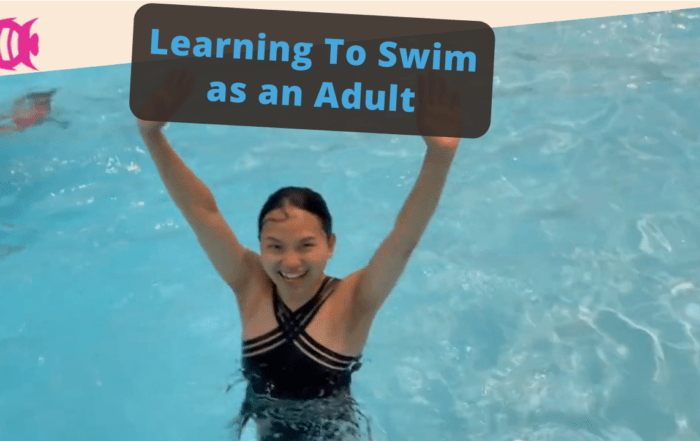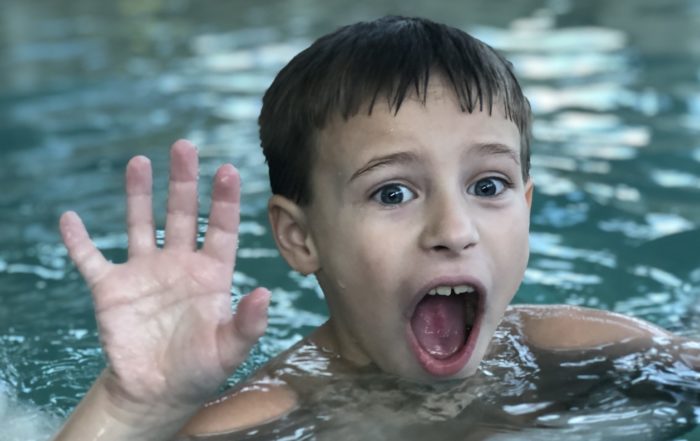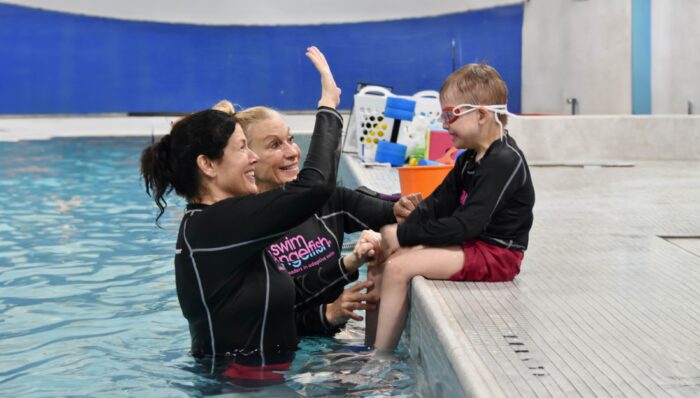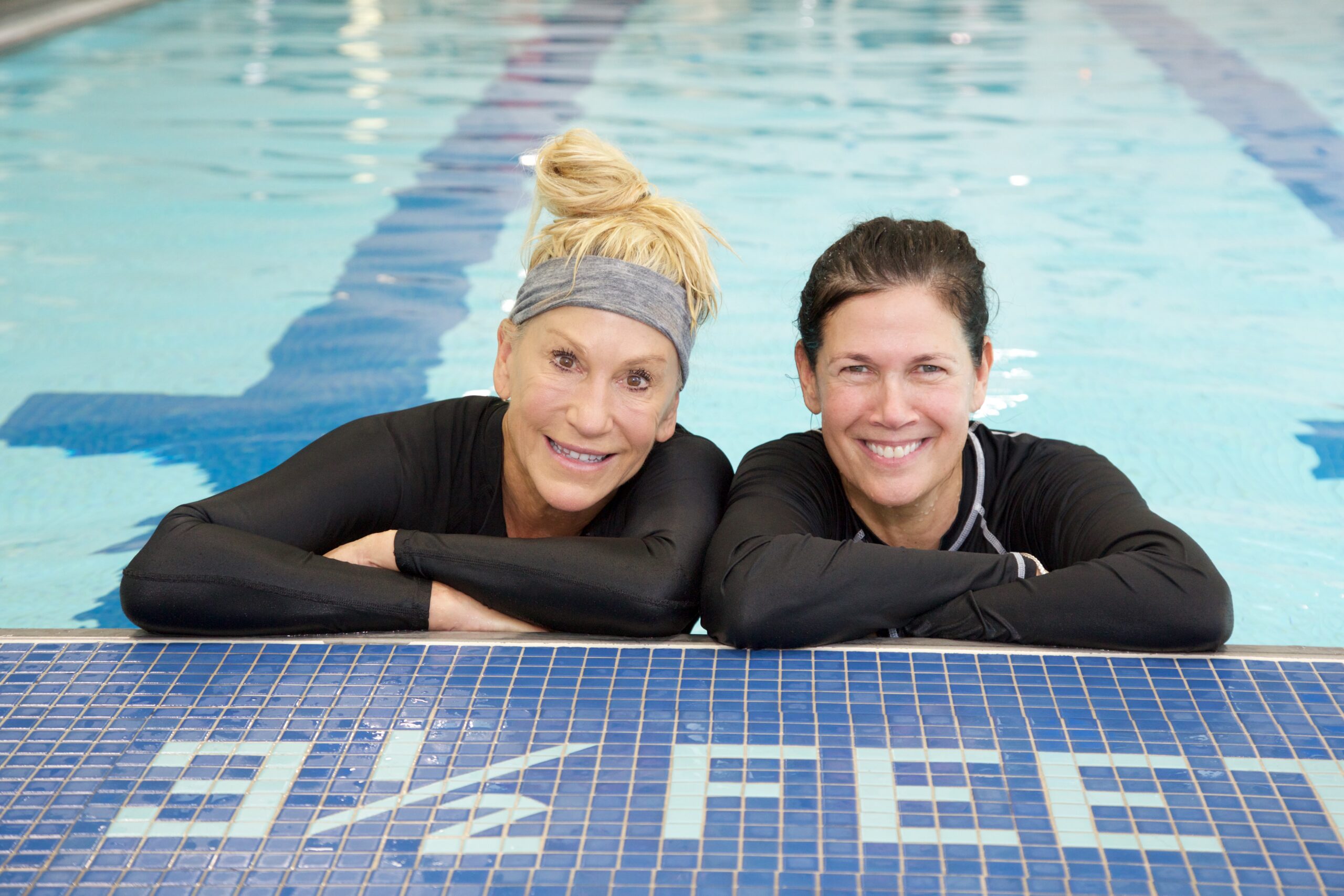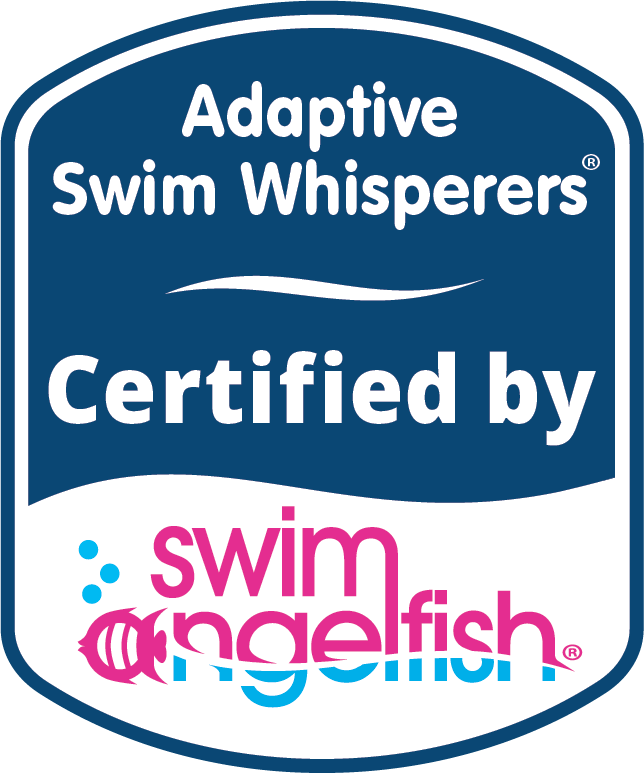Discover how important life skills can be nurtured, as we explore the multiple benefits of choosing aquatic therapy or swim lessons for individuals who have experienced Trauma.
Traumatic experiences can have an impact on arousal, anxiety levels, processing, and behavior. This can make it challenging to participate in traditional therapy and activities. However, aquatic therapy and swim lessons offer a unique and effective way to accommodate and alleviate anxiety in individuals who have experienced trauma.
What is Trauma?
Trauma results from exposure to an incident that is emotionally disturbing and causes lasting effects on an individual’s mental, physical, social, and emotional functioning and well-being. A traumatic water related event has the potential to create a relationship built on fear between the child and the water, which can lead to difficulty with learning to swim through traditional methods.
Statistics Relating to Water Safety for Children With Trauma
How Adaptive Swim Lessons and Aquatic Therapy Contribute to Water Safety
Part of our mission at Swim Angelfish is to help improve water safety for children of all abilities and create a supportive, understanding environment where water safety skills can flourish. Aquatic therapy can help satiate a child’s sensory needs as well as improve their strength, coordination, and motor planning so that they are able to function safely in an aquatic environment. For children who have experienced trauma, aquatic therapy is also beneficial for helping to relieve stress and anxiety through a variety of relaxation techniques. Swim lessons additionally help children develop a crucial sense of awareness for water safety and independent movement, while fostering a positive and functional relationship between the child and the water.
Learning to swim is an important life skill for all children, but it can be especially beneficial for children who have undergone trauma. Swimming is a great way for children who have experienced a water trauma to anxiety to practice confronting a situation that may initially evoke negative emotions, and practice conquering fear in a supportive structured environment, to build confidence and decrease fear.
The best way to build confidence is to practice doing things that make you uncomfortable. Learning to swim following a water-trauma is a perfect example of doing exactly that. Children who have experienced trauma may also experience increased stress as well as impaired sleep patterns. Swimming has been shown to lower stress levels and improve sleep patterns through the release of endorphins. The hydrostatic pressure of the water also helps release neurochemicals that result in a feeling of calmness which can be extremely beneficial for children with anxiety as a result of trauma.
When dealing with anxiety, breathing exercises are commonly introduced as a coping mechanism for anxious episodes. Being in the water creates ample opportunities to practice breath control and mindfulness, which also helps children feel more relaxed and at ease. These skills that are practiced in the water can also translate to improved breath control on land.
Benefits of Swim Lessons for Trauma
Aquatic therapy can be extremely beneficial for children who have experienced trauma. Many techniques utilized during aquatic therapy are designed to decrease stress, improve muscle tension, and relieve pain. Children with intense anxiety as a result of trauma may experience somatic symptoms like headaches, stomachaches, fatigue, or altered pain perception.
Watsu is an example of an aquatic therapy technique that can be used to decrease pain, improve joint mobility, and decrease anxiety. Aquatic therapy can also help improve thoracic and rib cage mobility through a variety of interventions. Improved thoracic expansion leads to improved depth and efficiency of breathing.
Children with anxiety tend to struggle with their breathing patterns, resulting in small shallow breaths when nervous. Using aquatic therapy techniques to improve rib cage expansion with inhalation will help these children improve their efficiency of breathing by learning to take deeper diaphragmatic breaths, which helps to decrease anxiety and regulate their rate of breathing.
Children who struggle with PTSD or who have experienced trauma may also experience symptoms of sensory overload. In these situations, it can be difficult to focus and regulate one’s emotions. Aquatic therapy utilizes a variety of sensory integration techniques to improve self-regulation and lead to decreased symptoms of sensory overload, commonly experienced by individuals with PTSD or trauma.
Benefits of Aquatic Therapy for Trauma
Our Swim Whisperers® Adaptive Aquatics Training Program is the only Adaptive Aquatics Training program that uses a therapeutic approach to assess, identify, and overcome the roadblocks that are present in children with special needs while learning to swim.
Here are some great tips when working with individuals who have Trauma:
We can help you find a qualified instructor or aquatic therapist to help your child with Trauma become safer and more independent in the water.
We have highly skilled instructors certified in the Swim Whisperers® program who will work with your child to identify and address any underlying obstacles that they are experiencing with learning to swim.
We also have licensed aquatic physical, occupational and recreational therapists who will use a fun, innovative multi-sensory approach to reach specific therapy goals. We offer private, semi-private and small group sessions across multiple locations in CT, MA, NH and NY.

